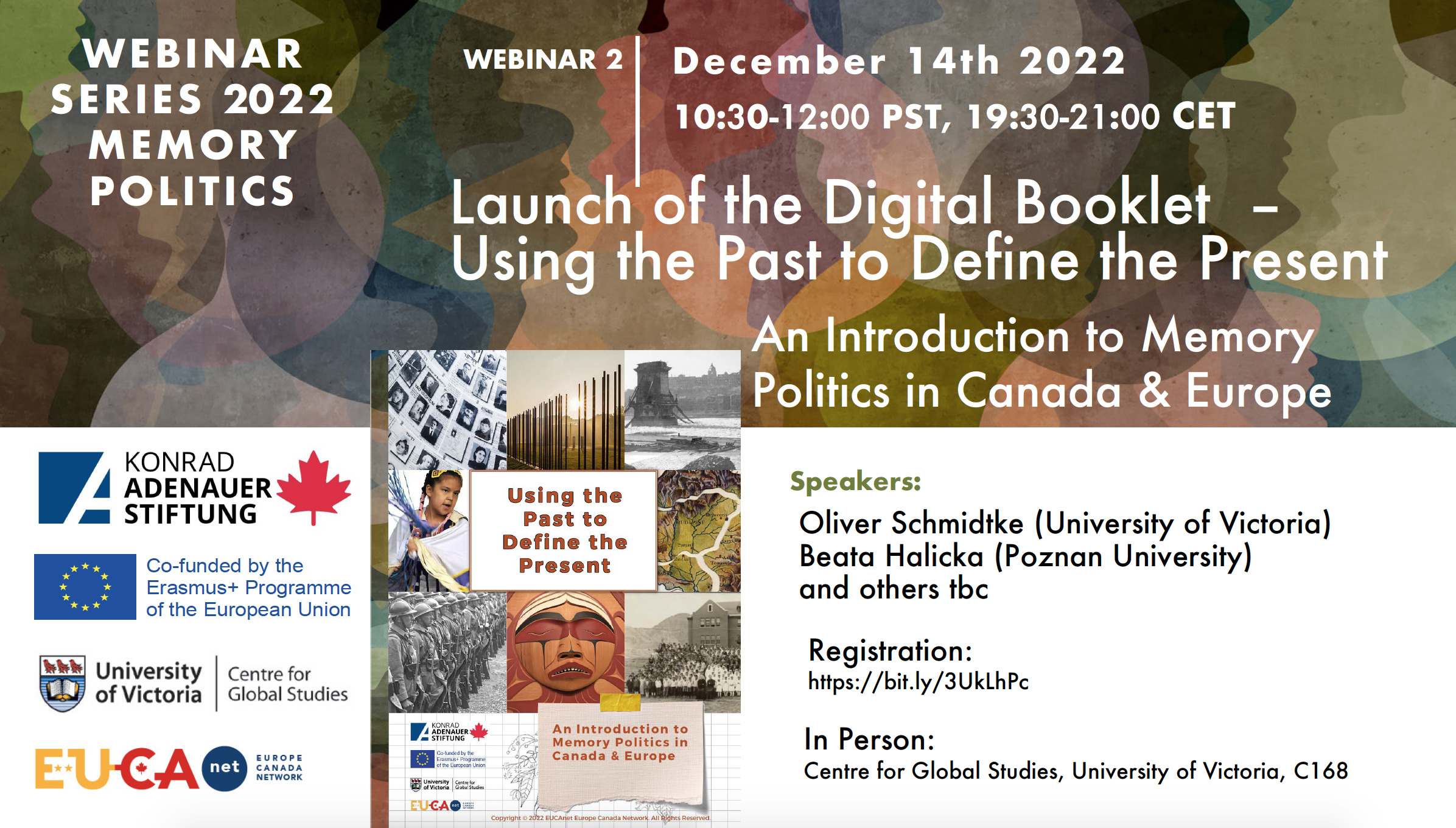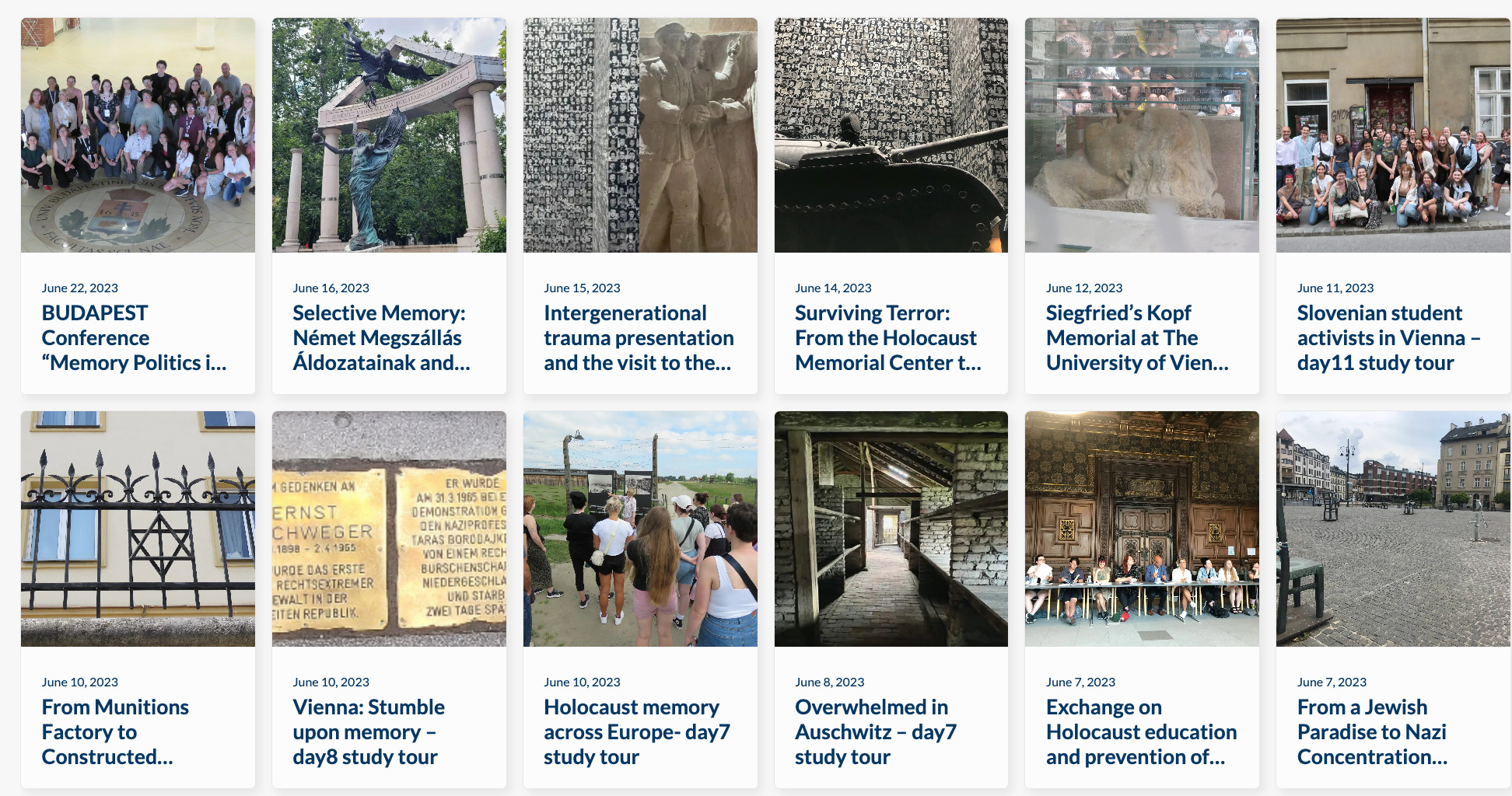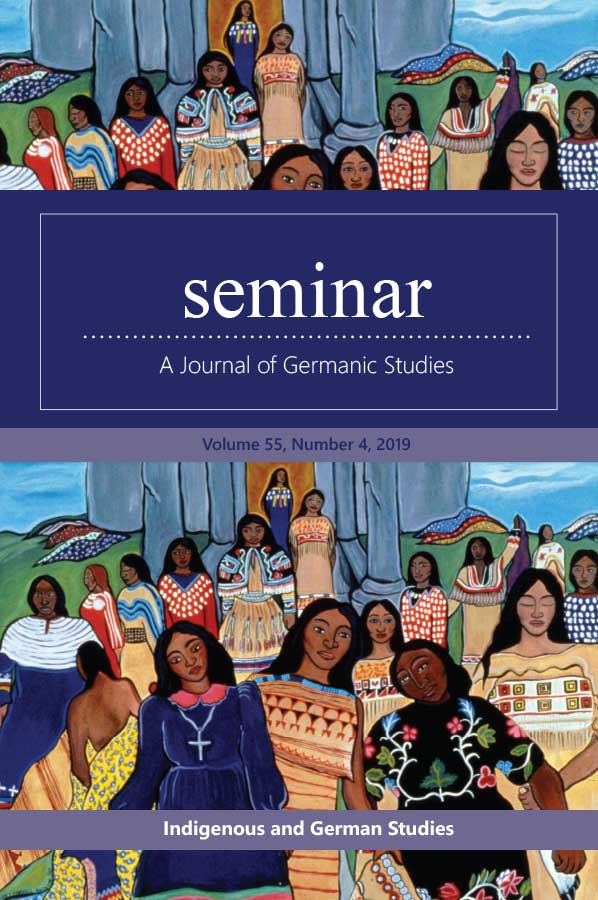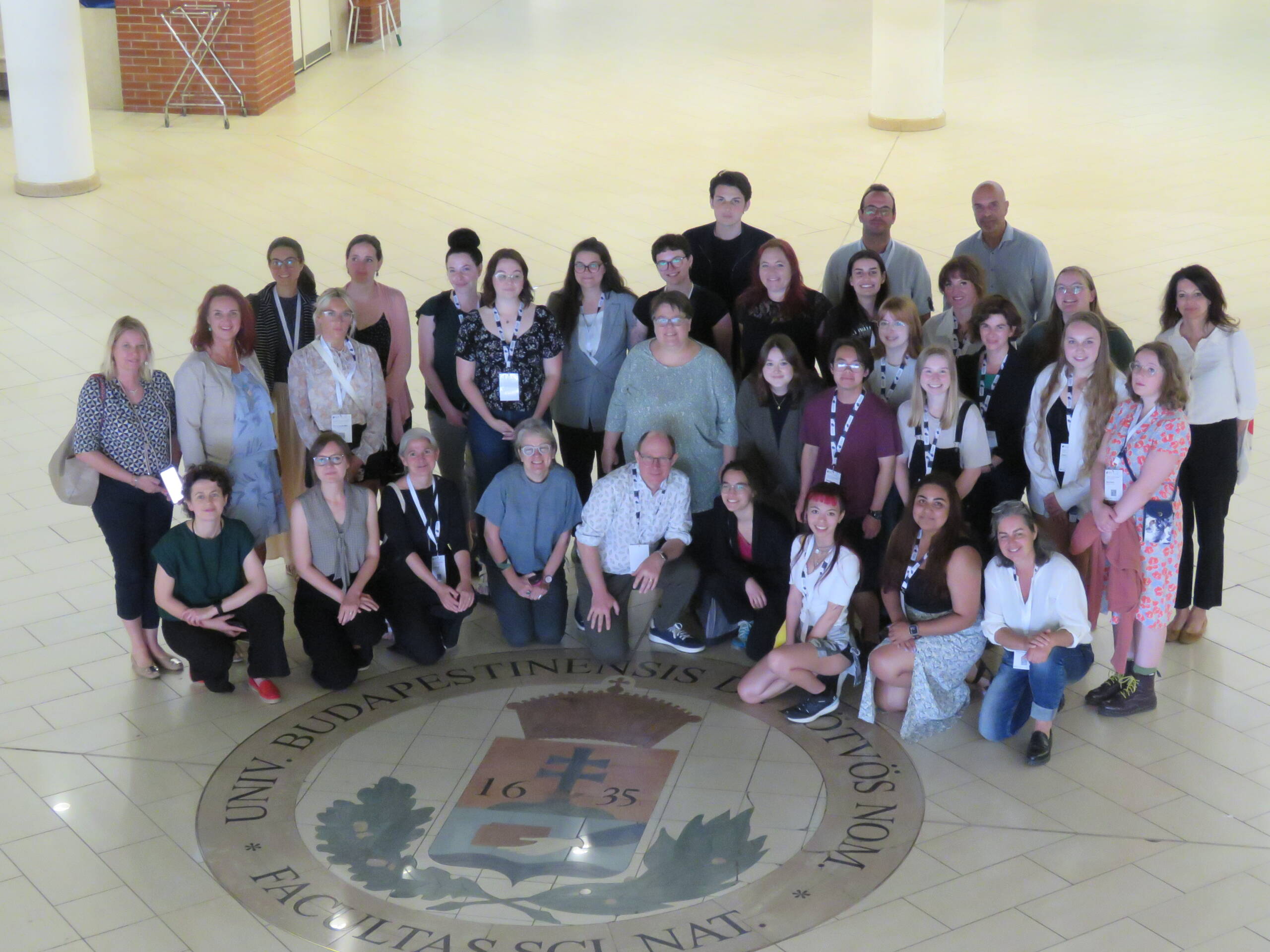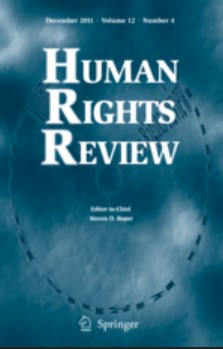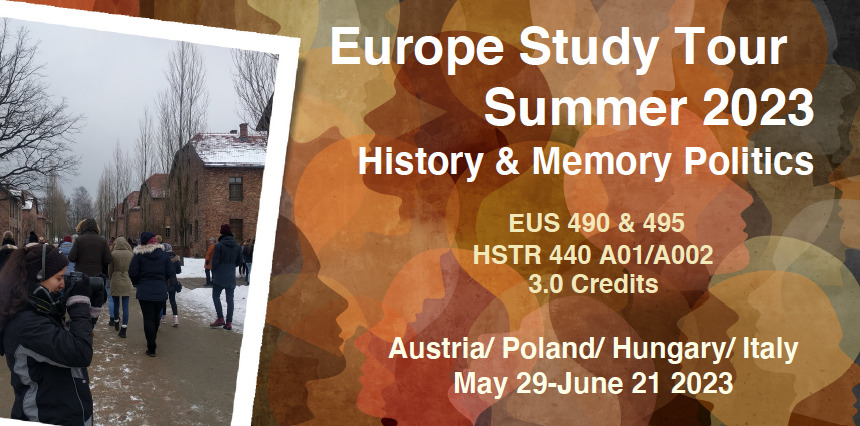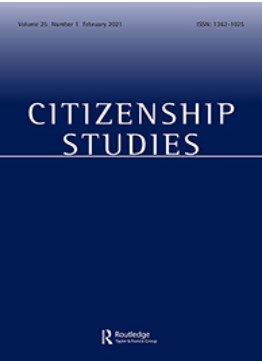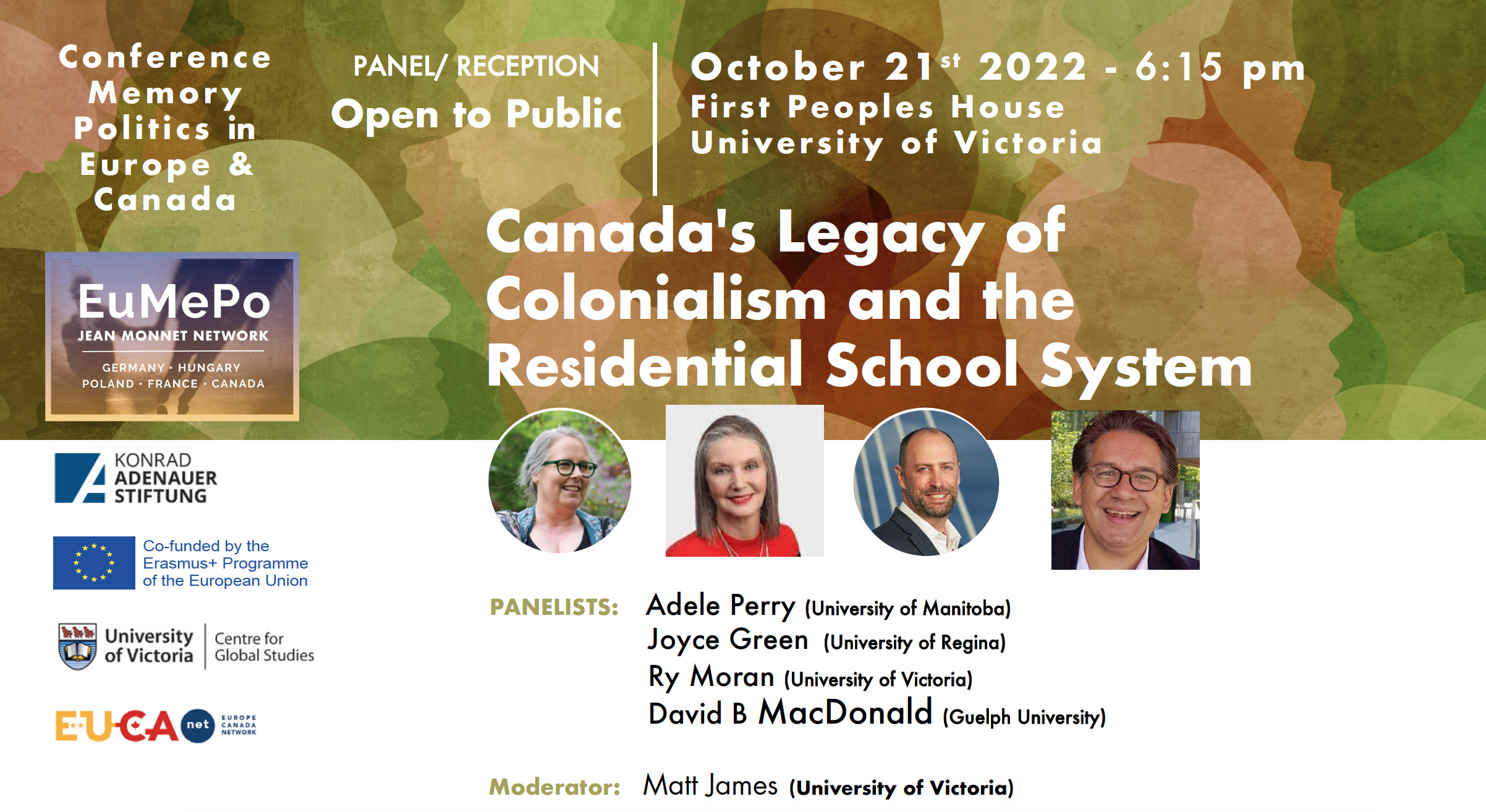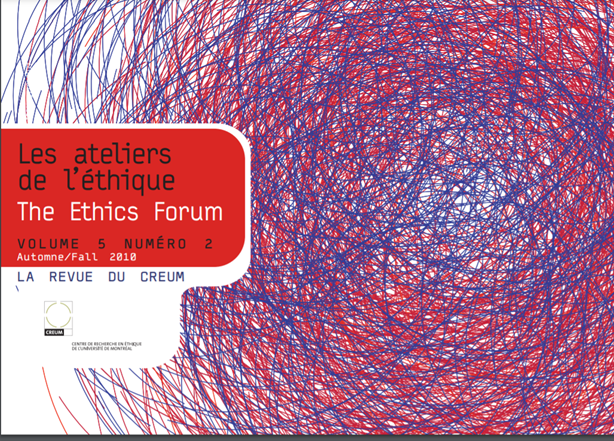Dec 14th – Online Round Table – Launch of the Digital Booklet on Memory Politics
Online Round Table: Round table discussion with the authors of the booklet and educators
Digital booklet for high school and university students: Using the Past to Define the Present: An Introduction to Memory Politics in Canada & Europe
December 14th 2022
Available also in French, German, Polish
Introducing the theme of ‘memory politics’ to young audiences at high schools and universities requires explaining why the commemoration of history matters. The digital booklet “Using the Past to Define the Present: An Introduction to Memory Politics in Canada & Europe” offers easily accessible and thought-provoking ways of learning about memory politics in a comparative perspective. In this video experts and co-authors of the digital booklet feature explore the meaning of memory politics in public debates (the Polish case) and the ways in which this issue can be taught to students. In the discussion that follows, experts at te Centre for Global Studies (UVic) explore the importance of new ways of teaching about the meaning of historical narratives in Europe’s and Canada’s current political realities.
- “This is the single best publication I have found that succinctly encapsulates what memory politics is and—more importantly—why it matters today across such a variety of geopolitical contexts. I highly recommend it to educators who are looking for an effective way to introduce their students to this critical concept in an informative and non-biased manner.” George Soroka, Harvard University, USA
- “This is a highly informative and accessible booklet that contextualizes the colonization of Indigenous peoples in Canada within the larger field of memory politics. The booklet is innovative in its comparisons between Canada and European countries which have dealt with violence, war, and genocide. The booklet is engaging, and references Survivors, Indigenous theorists, key events in the history of the Indian Residential Schools system, as well as signposting important issues related to reconciliation. I appreciate how the experiences of racialized peoples such as Black and Japanese Canadians are also included.” David B. MacDonald, Guelph University, Canada
- “This booklet is an excellent tool for students to understand the impacts that past events have in our time. The analysis of how history is intentionally used in the political arena to promote certain ideas and objectives should be part of the curricula in high school and early years of university. The booklet goes to great lengths to raise awareness about two interrelated processes: first, the need to give voice to persons and groups who have suffered and, in many cases, continue to suffer the effects of colonization and the presence of racism; and second, that it is through listening and engaging with these voices that we can change the narratives that are giving rise to populist nationalist movements that promote hate speech against minorities, ethnic and cultural outsiders, like immigrants and refugees.” Carles Fernandez Torne, Ramon Llull University, Spain
- “In this age of democratic backsliding, it is essential to learn to think critically about the narratives of the past which are often exploited by anti-democratic political forces. At the same time, it is essential to listen to voices that demand justice and recognition. This booklet is an effective tool in the hands of educators and students to start learning critically about memory politics. It clearly introduces the most important concepts related to memory politics, raises important questions about these concepts, and includes case studies to “flesh out” these concepts. Therefore, it will help to strengthen democratic cultures in the places where it is used.” Dovilė Budrytė, Georgia Gwinnett College, USA
- The educational office of the Hohenschönhausen Memorial in Berlin, which includes our educational staff as well as three memorial teachers supplied by the state of Berlin, agrees unanimously that the brochure provides an excellent overview and international comparison. For a publication to achieve both is quite rare. An additional benefit is that it includes references to contemporary issues, which makes it quite useful for working with pupils and students. We consider the brochure to be a valuable tool for civic education. Helge Heidemeyer, Vorstand der Gedenkstätte, Gedenkstätte Berlin-Hohenschönhausen, Germany
- “The booklet “Using the Past to Define the Present” is a wonderful resource for teachers, students and the general public interested in how history shapes both our present and our expectations for the future. While academia has been experiencing a memory boom for the last few decades – and these issues have increasingly been shaping our social, cultural and political debates – this booklet offers an accessible insight into these issues.” Peter J. Verovšek, History and Theory of European Integration, University of Groning, The Netherlands
